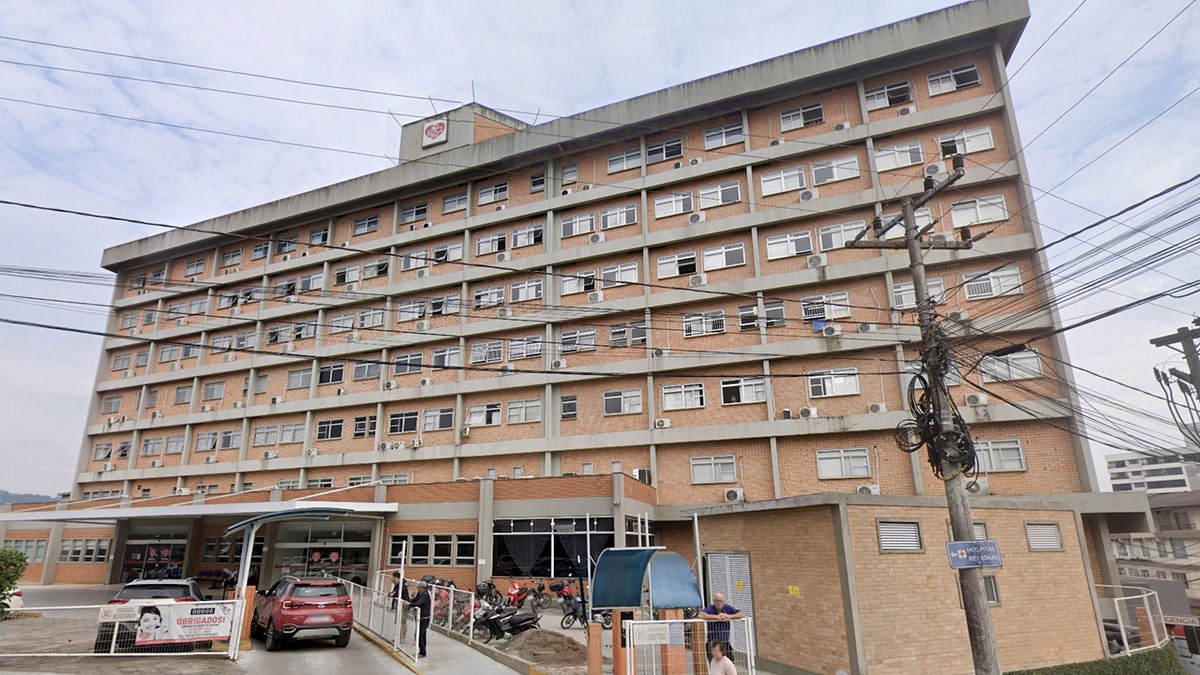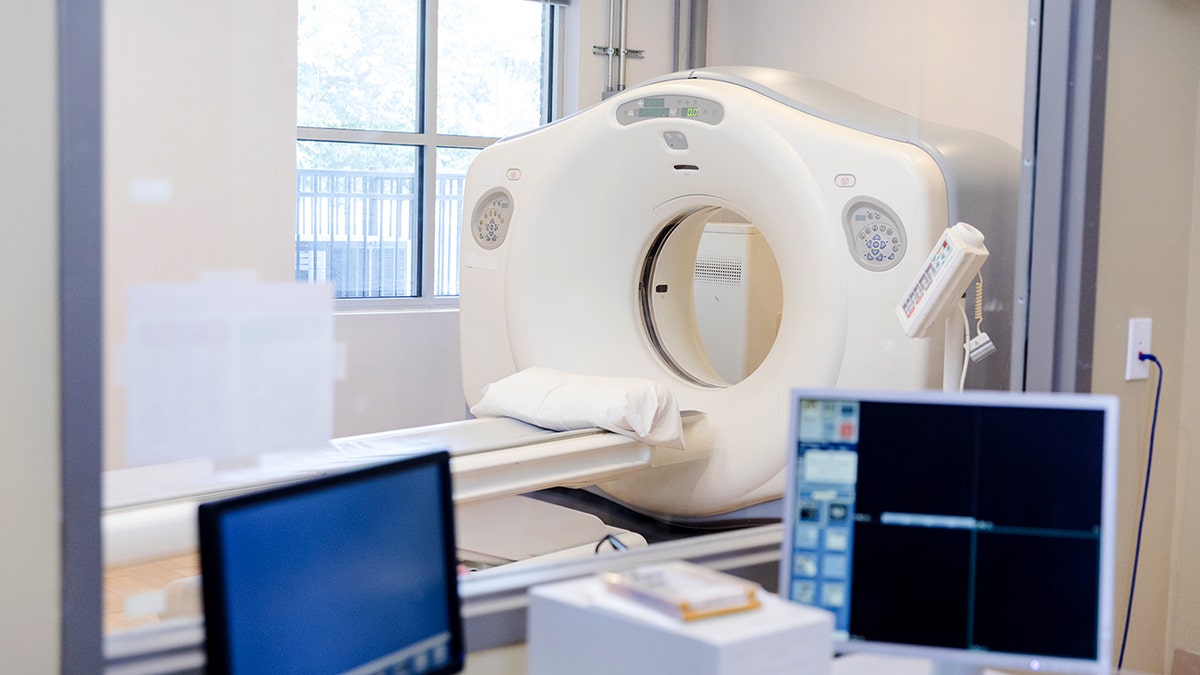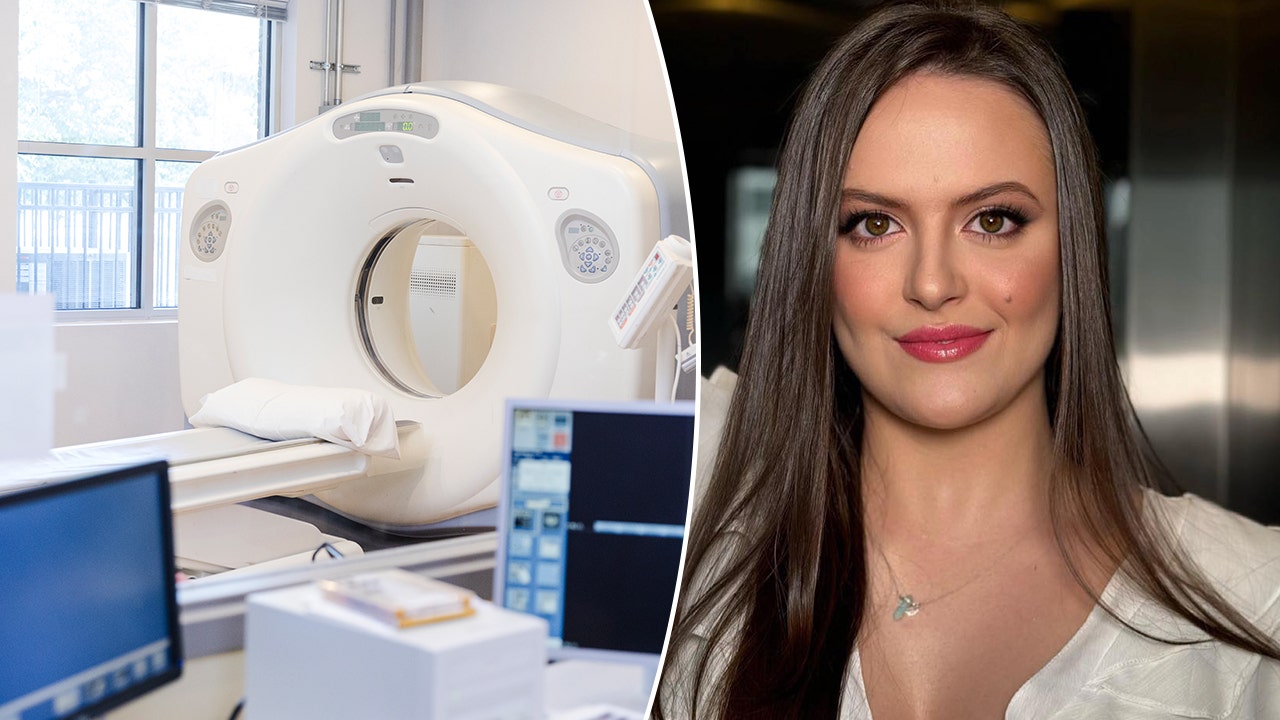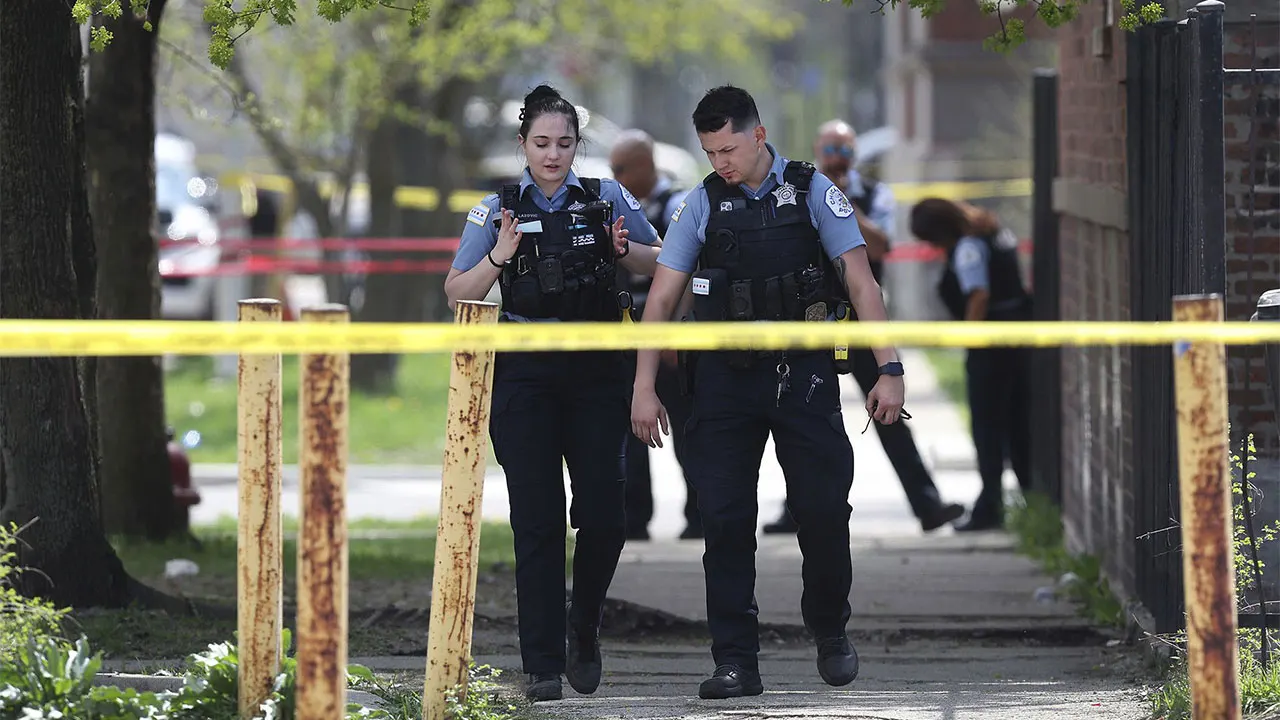NEWYou can now listen to Fox News articles!
A 22-year-old law graduate recently died after suffering a rare but catastrophic allergic reaction during a routine CT scan, shining a spotlight on the risks of a procedure millions undergo every year.
Jam Press reported that Letícia Paul, who had recently earned her law degree and was pursuing postgraduate studies in real estate and business law, went into anaphylactic shock moments after receiving an iodinated contrast dye.
The incident occurred at Hospital Regional Alto Vale in Rio do Sul, in Santa Catarina, Brazil.
FAMILY HIRES ATTORNEY AFTER MAN’S TRAGIC MRI ACCIDENT INVOLVING 20-POUND CHAIN
Doctors intubated the young woman and placed her under intensive care, but she died on Aug. 20, less than 24 hours later.
Paul had originally visited the hospital for a scan linked to her history of kidney stones.

Letícia Paul, 22, was a recent law graduate who died after an allergic reaction to CT scan dye in Brazil. (Jam Press)
In a statement, the hospital said it “regrets the loss and extends its condolences to the family,” adding that all procedures followed recommended clinical protocols, per Jam Press.
FAMILY REVEALS SHOCKING DETAILS OF WHAT REALLY HAPPENED IN FATAL LONG ISLAND MRI ACCIDENT
According to one study published in JAMA Internal Medicine, approximately 93 million computed tomography (CT) examinations are performed on 62 million patients annually in the U.S.
Contrast-enhanced CT scans are often performed with iodinated dye, helping doctors capture sharper images of organs and tissues.
CLICK HERE TO SIGN UP FOR OUR HEALTH NEWSLETTER
The procedure is generally considered safe, but in rare cases, the contrast can trigger allergic reactions.
“Although rare, medical problems or allergic reactions can happen with contrast material,” Mayo Clinic warns.

At Hospital Regional Alto Vale in Brazil, a young woman recently died after an allergic reaction to CT scan dye. (Jam Press)
“Most reactions are mild and result in a rash or itchiness. More rarely, an allergic reaction can be serious, even life-threatening.”
CLICK HERE TO GET THE FOX NEWS APP
Studies show that severe reactions occur in roughly one in 5,000 to one in 10,000 scans.
While hospitals are typically equipped to handle such emergencies, in some cases, even immediate intervention may not be enough.

Although rare, medical problems or allergic reactions can happen with the contrast material used in some CT scans. (iStock)
Paul’s funeral was held on Aug. 21 in Rio do Sul, followed by cremation in Balneário Camboriú, as reported by NeedToKnow.
For more Health articles, visit www.foxnews.com/health
While most people experience only mild symptoms, experts advise patients to alert a healthcare professional if they notice a reaction to contrast material.








